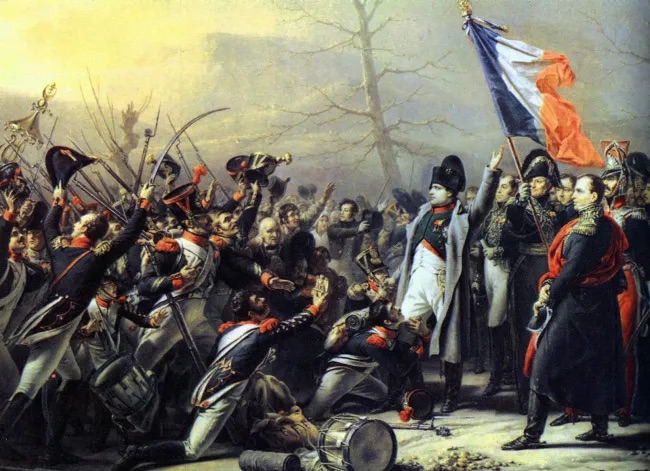Napolean Bonaparte, (Great or Insignificant)?
- Infinity
- Dec 5, 2023
- 2 min read
Napoleon Bonaparte (1769-1821) was a military and political leader who rose to prominence during the French Revolution and its associated wars. Here is an overview of key aspects of his life and career:
Early Life:
Birth: Napoleon was born on August 15, 1769, on the island of Corsica, which was then a French territory.
Education: He received his military education at the École Militaire in Paris.
Military Career:
Italian Campaigns: Napoleon first gained significant recognition for his military prowess during the Italian Campaigns of the Revolutionary Wars (1792-1802).
Egyptian Campaign: In 1798, he led an expedition to Egypt but faced defeat by the British naval forces under Admiral Nelson. However, his military reputation remained intact.
Coup d'État: In 1799, he staged a coup d'état, overthrowing the French government and establishing himself as the First Consul.
Rise to Power:
Consulate: Napoleon's success in consolidating power led to the establishment of the Consulate, and he became First Consul in 1799.
Napoleonic Code: He implemented various reforms, including the Napoleonic Code, a legal system that influenced many modern legal codes.
Emperor of the French:
Coronation: In 1804, Napoleon crowned himself Emperor of the French, signaling the end of the French Republic.
Expansion: Under Napoleon's rule, France expanded its empire across Europe through a series of military victories.
Continental System: Napoleon attempted to weaken the British economy by imposing the Continental System, a blockade to prevent European nations from trading with Britain.
Downfall:
Russian Campaign: In 1812, Napoleon invaded Russia but suffered a disastrous defeat during the harsh Russian winter, leading to a significant loss of troops.
Defeat in Europe: European powers, including Austria, Prussia, and Russia, formed coalitions against Napoleon, leading to his defeat in 1814.
Exile to Elba: Napoleon abdicated and was exiled to the island of Elba in 1814.
Hundred Days:
Return to Power: Napoleon escaped from Elba in 1815, returned to France, and briefly regained power during the Hundred Days.
Waterloo: His forces were defeated by the British and Prussians at the Battle of Waterloo in 1815, leading to his second abdication.
Final Exile and Death:
St. Helena: Napoleon was exiled to the remote island of St. Helena in the South Atlantic, where he spent the remainder of his life.
Death: He died on May 5, 1821, probably from stomach cancer, and was buried on St. Helena.
Napoleon Bonaparte's legacy is complex and controversial. While he is often remembered as a brilliant military strategist and a promoter of legal and administrative reforms, his aggressive expansionism and autocratic rule have also been subjects of criticism.Napoleon Bonaparte is a controversial historical figure due to a combination of his achievements and actions, which elicit both admiration and criticism. Here are some reasons why he is considered controversial:
In summary, the controversy surrounding Napoleon Bonaparte arises from the complex interplay of his military successes, political reforms, autocratic rule, and the consequences of his ambitious pursuit of power in Europe. Different perspectives on these aspects contribute to varied opinions on his historical legacy.









Comments